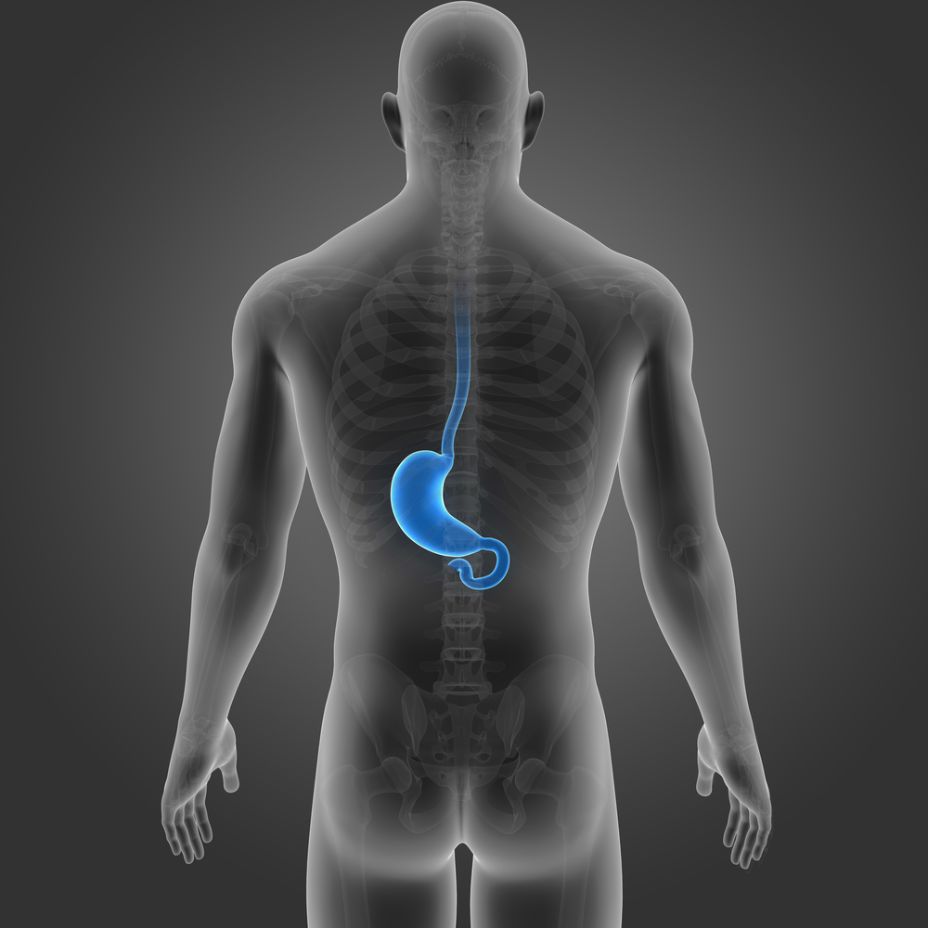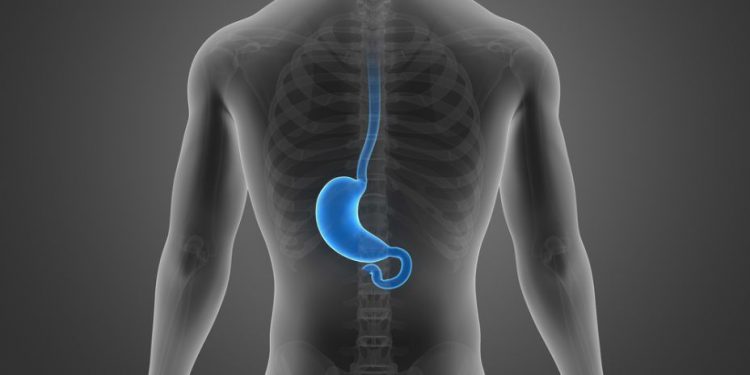An inflamed esophagus is a condition in which the tissue that lines your throat and stomach becomes red, swollen and raw. The esophagus can be inflamed if your immune system is activated to fight an infection or an allergic reaction, or if something irritates the tissue, such as stomach acid or certain medications.
There are different types of esophagitis. Some are caused by infections, including Candida and herpes. Others are caused by irritants, such as caffeine or peppermint. Still others are caused by medication, such as steroids or antibiotics.
The most common type of esophagitis is a chronic condition called eosinophilic esophagitis (EoE). EoE develops when large numbers of white blood cells, known as eosinophils, accumulate in your throat and esophagus due to an allergic reaction triggered by pollen or certain foods. EoE can also occur in people with a weakened immune system, such as those with HIV/AIDS or cancer, or those who take drugs that suppress the immune system or prevent transplanted organs from rejecting them (immunosuppressants).
Other causes of esophagitis include reflux esophagitis and infectious esophagitis. Reflux esophagitis results from repeated attacks of acid from your stomach entering your esophagus, which can damage tissues over time. Infectious esophagitis is a less serious condition, but it can cause significant pain and discomfort. It occurs mainly in those who have a weak immune system, such as patients with cancer or HIV/AIDS, or those taking drugs that suppress the immune system or prevent transplanted cells from rejecting their new home (immunosuppressants).

Treatment of an inflamed esophagus depends on the cause. For example, if you have acid reflux, your doctor may suggest that you change the way you eat by eliminating high-acid foods or eating smaller meals at least three hours before bedtime. He or she might also recommend acid-blocking medications, such as antacids, H2 blockers or proton pump inhibitors (PPIs). These medications are available in both over-the-counter and prescription-strength formulations.
If the lining of your esophagus becomes damaged by the corrosive effects of stomach acid, a liquid steroid formula might be prescribed to coat your throat and relieve inflammation. If severe narrowing of your esophagus occurs, a procedure called dilation may be required to restore normal swallowing.
Almost all cases of esophagitis are curable. Antibiotics and antacids can help with most types of esophagitis, including viral-induced, bacterial-induced and chemical-induced esophagitis. Some forms of esophagitis, such as EoE, can be treated with an elimination diet and monoclonal antibodies such as dupilumab (Dupixent), which work by stopping the action of inflammation-causing proteins. Other types of esophagitis might require surgery to remove scarring or narrowing from your esophagus.









